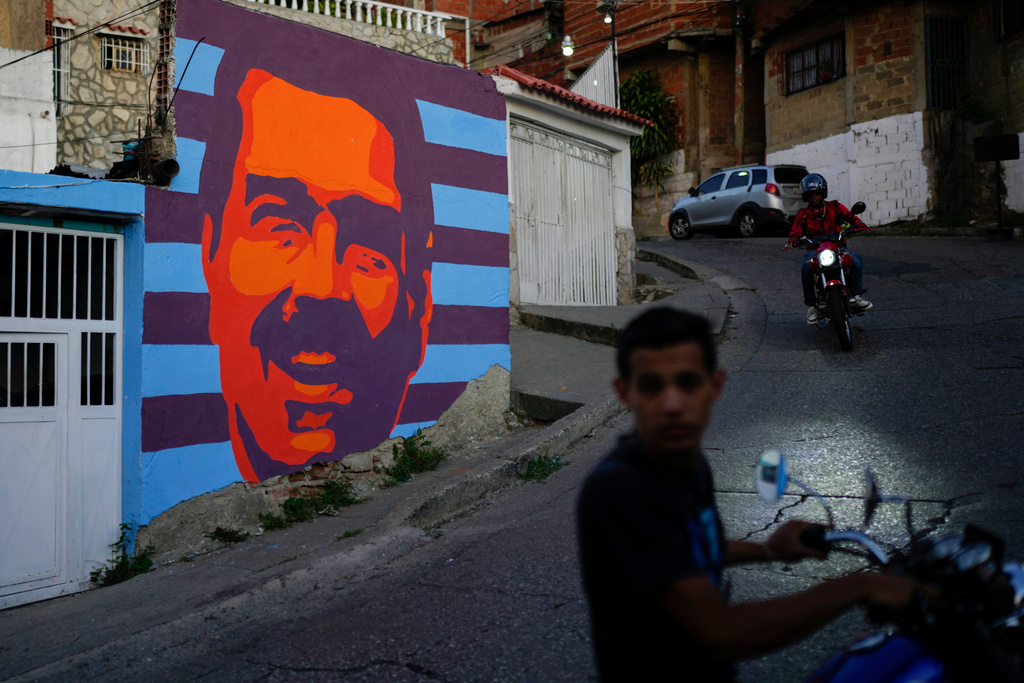On Wednesday the U.S. started restricting air travel from West Africa to just five airports — not exactly the travel ban some legislators were clamoring for, but it's something.
The airports are New York City's JFK International Airport, Washington D.C.'s Dulles, Chicago's O'Hare Airport, Newark Liberty International and Hartsfield-Jackson International in Atlanta. Inbound flights from West African nations will face heightened screening for Ebola at all five.
According to a statement released by the Department of Homeland Security, those five airports account for 94 percent of travelers flying into the U.S. from West Africa. (Video via WCBS)
While the possibility of a full-on travel ban isn't out of the question — there's a growing list of lawmakers supporting one — health professionals have overwhelmingly come out against it saying it'd do more harm than good.
And now there's a new topic of discussion — visa bans.
Earlier this month, Republican Rep. Ed Royce of the House Foreign Affairs Committee penned a letter to Secretary of State John Kerry asking that U.S. embassies in the Ebola-stricken countries in West Africa cease issuing new visas.
Florida Sen. Marco Rubio took it a step further Monday, announcing he plans to introduce legislation to address Ebola "at its source" by banning new travel visas from being issued in Guinea, Sierra Leone and Liberia.
White House press secretary Josh Earnest responded to the possibility of a visa ban earlier this month, suggesting it might actually increase the risk of Ebola getting to the U.S.
EARNEST VIA THE WHITE HOUSE: "Now, if we were to put in place a travel ban or a visa ban, it would provide a direct incentive for individuals seeking to travel to the United States to go underground and to seek to evade this screening."
But a CBS national security analyst says a temporary ban on visas to control the 150 or so people coming to the U.S. from West Africa in the long run may actually be a debate worth having.
JUAN ZARATE VIA CBS: "It's not a crazy notion. And I think we need to take it out of the political domain and think about what the mechanics look like and what the strategy may look like longer term if this is going to be a problem not with us just today but in the months to come."
In the end, an associate professor of epidemiology writing for Politico says a visa ban is likely to be either too broad, including many people who are not in the Ebola-affected areas, or too narrow, missing people visiting from other countries who visit the affected countries.
The latest numbers from the World Health Organization put the number of Ebola cases in the worst affected West African nations at just above 9,000 with 4,500 confirmed deaths.










